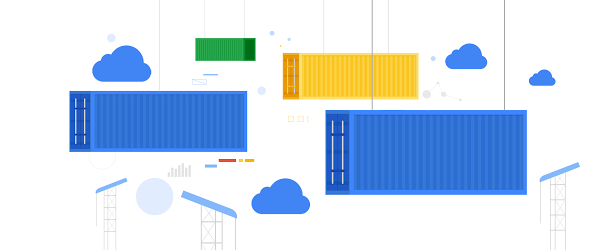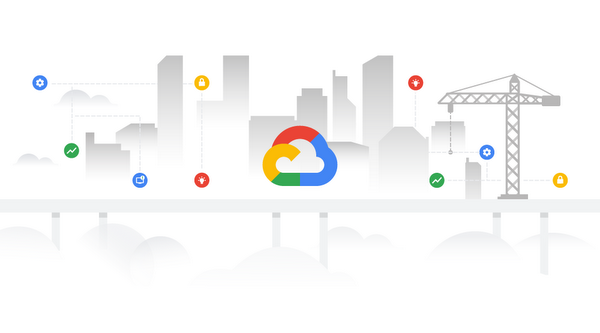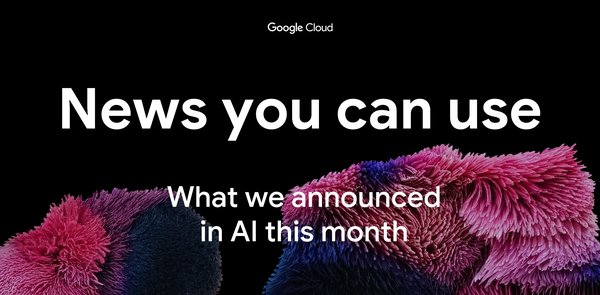Troubleshooting an application running on Google Kubernetes Engine (GKE) often means poking around various tools to find the key bit of information in your logs that leads to the root cause. With Cloud Operations, our integrated management suite, we’re working hard to provide the information that you need right where and when you need it. Today, we’re bringing GKE logs closer to where you are—in the Cloud Console—with a new logs tab in your GKE resource details pages.
With this feature, both logs and metrics are now available directly on GKE Workloads details pages while logs are available directly on GKE Cluster details pages. Logs on the details pages are all automatically scoped to the Kubernetes resource to help surface relevant logs quickly. On the Logs tabs for workload details pages, you can filter your GKE logs by severity and search for specific logs. By scrolling in the Logging component on the logs tab, new logs are loaded so that you can use real-time logs. For metrics, you can view CPU, memory and disk metrics on the workload details pages to understand Kubernetes resource health.

Now, at a glance, you can tell if there are any errors with the latest deployment or if a pod is generating the expected logs and the container has started successfully. For DevOps users, the cluster and node logs tabs can help identify any reported infrastructure errors. Having the logs embedded right in the GKE resources means less context switching between GKE and Logging in the Cloud Console. When a more in-depth search and analysis is warranted, the Logs Explorer is still just a click away.
Learn more about Cloud Logging and GKE
We built our logging and monitoring capabilities for GKE into the GKE detail pages of Cloud Console to make it easy for you to find and use your logs and metrics. If you haven’t already, get started with Cloud Logging and Cloud Monitoring on GKE, watch a quick video ontroubleshooting services on GKE and join the discussion on our mailing list. And if you’re attending our Build the future with Google Kubernetes Engine event on March 11, be sure to register for Monitoring GKE at Scale.






